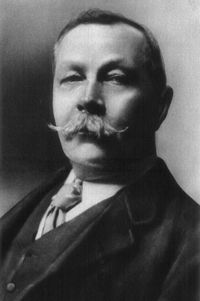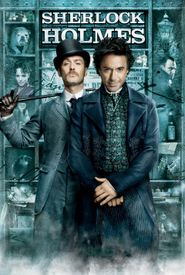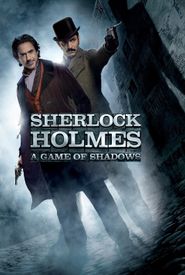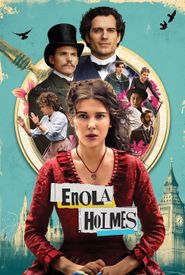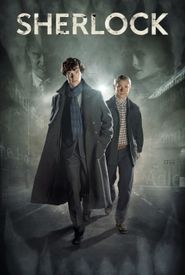Here is the requested text:
**Person Biography**
Arthur Conan Doyle was a British writer of Irish descent, born in 1859 in Edinburgh, Scotland to an Irish Catholic family. He was a major figure in crime fiction, best known for his Sherlock Holmes stories. Doyle's family had financial problems due to his father's struggles with depression and alcoholism, but they received financial support from affluent uncles, who also financed his education.
Doyle decided to follow a medical career, studying medicine at the University of Edinburgh Medical School from 1876 to 1881. He also took botany lessons at the Royal Botanic Garden in Edinburgh. During his university years, Doyle started writing short stories, but had trouble finding a publisher. His first published short story was "The Mystery of Sasassa Valley" (1879),featuring a demon in South Africa.
Doyle worked as a doctor in the whaling ship "Hope" in 1880 and as a ship's surgeon on the SS Mayumba in 1881. He established a medical practice in Plymouth, Devon, but it failed, and he started his own practice in Southsea, Hampshire. He did not have many patients, so he decided to resume writing fiction to supplement his income.
In 1886, Doyle created the character of Sherlock Holmes, loosely based on his former college teacher Joseph Bell. He completed the first Holmes novel, "A Study in Scarlet" (1887),and sold the rights to the publishing house "Ward, Lock & Co." The novel's publication was delayed until November, 1887, but it was well-received by professional critics.
Doyle wrote seven historical novels between 1888 and 1906, including "Micah Clarke", "The White Company", "The Great Shadow", "The Refugees", "Sir Nigel", and others. He also wrote non-fiction books, including "The Great Boer War" (1900) and "The Crime of the Congo" (1909).
In 1900, Doyle served as a volunteer doctor in the Second Boer War in South Africa, though he had no previous military experience. He was knighted in 1902 for his services to the British Empire. In 1906, Doyle was involved in efforts to exonerate the lawyer George Edalji, a mild-mannered man who had been convicted of animal mutilations on insufficient evidence.
Doyle's life's events have inspired several biographies, and a number of fictionalized accounts. He is long gone, but his works have remained popular into the 21st century, and he has been cited as an influence on later crime writers.
